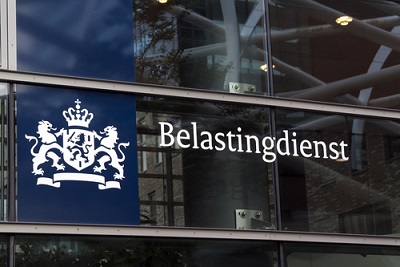AMSTERDAM - Twitter and Google cannot be held liable for fake advertisements making it seem that Dutch celebrities want people to invest in cryptocurrency. Presenter Jort Kelder and a few others filed a case against the tech companies, but the court in Amsterdam rejected their claim on Wednesday.
According to the judge, the creators of the ads are responsible for the posts via Google and tweets on Twitter. Google and Twitter do enough to counter this phenomenon and, therefore, cannot be blamed, the court ruled.
Google must provide Kelder with data about the creators of the fake ads. Twitter does not have to because the plaintiffs have not made sufficiently clear why they need this data.
Google said in response: "We are working hard to stop fraudsters on our platform and are pleased that the court has recognized our efforts today."
The lawsuit against Google revolved around advertisements made to look like news items, thereby misleading consumers. Jort Kelder filed the case along with Alexander Klopping, Arjen Lubach, and Willem Middelkoop. Kelder called the ruling a Pyrrhic victory that does little to help him. "Google must now provide addresses for the ad scammers. But in practice, those addresses are worth nothing. Those are addresses in Cyprus or Eastern Europe. Dead addresses of letterbox companies. What's the use," Kelder said.
Kelder said he is disappointed. "Google has demonstrably shown ads with my likeness 2,500 times. I don't think Google can hide behind anonymous addresses that harm small investors. In fact, if you get scammed, you are outlawed. It seems that the court is afraid of the big tech companies. If the court had decided that Google and Twitter should filter all advertisements, that would, of course, have a worldwide impact, and the court did not dare to do that."
Kelder is investigating the possibilities for an appeal. "Google packs advertisements into the design of websites like NOS or AD. But the court says nothing about that. And that is quite shocking."



